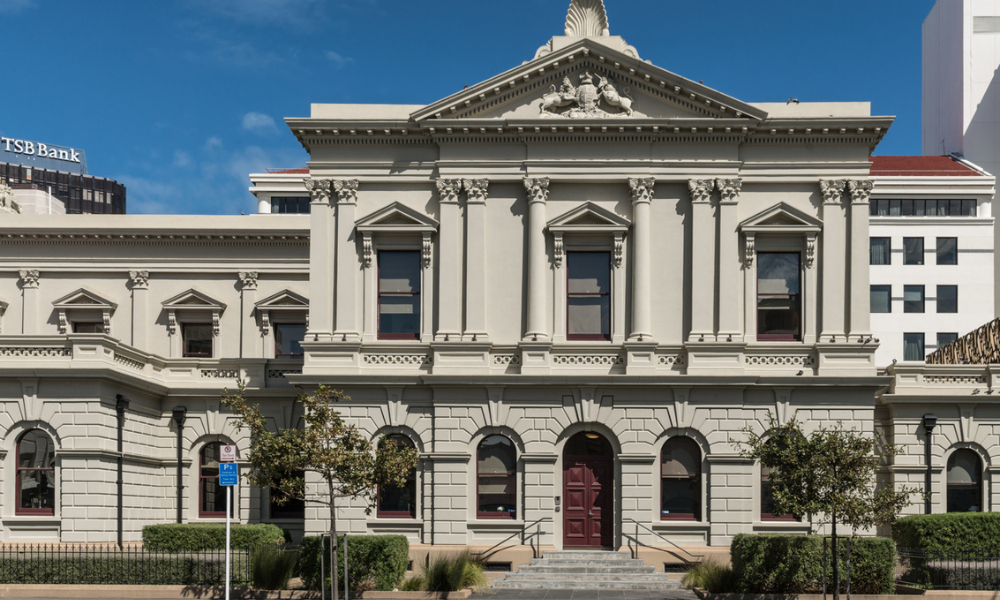
The court found that the proposed appeal raised no questions of genuine public interest

The Supreme Court has upheld the registrar's decision not to waive the filing fee over an application for leave to appeal, finding that the proposed appeal raised no questions of genuine public interest.
In De Meyer v Insight Legal Ltd [2023] NZSC 145, applicants Kristy De Meyer and John Slavich have a beneficial interest in the sales proceeds of a farm owned by Nic Slavich Ltd. A dispute arose regarding the company accounts. Insight Legal Ltd gave a solicitor's undertaking to hold the sale funds on trust and not to disburse them except by agreement or under a court order.
In 2020, Insight Legal commenced an action, seeking an order to be released from its undertaking. The High Court ultimately ruled that Insight Legal should not be released from its undertaking. The applicants applied to recall the High Court judgment, which was denied.
Before the Court of Appeal, the applicants applied for an extension of time to appeal against the substantive High Court judgment. The appellate court declined the application. The applicants then applied for leave to appeal to the Supreme Court, contending that the Court of Appeal's decision violated their rights by not addressing the issues raised. Furthermore, they sought a fee waiver for the appeal, asserting that it concerns a "matter of genuine public interest" and "is unlikely to be commenced or continued unless the fee is waived".
However, the registrar declined the fee waiver, stating that the proposed appeal did not involve a question of law with significant public interest. The registrar said the appeal "raises issues specific to the parties, affects only the parties and applies the well-established legal principles relating to recall and extension of time applications".
The applicants applied for a review of the registrar's decision. However, the Supreme Court ultimately found that the issues raised by the applicants were entirely fact-specific. The court pointed out that the issues they wished to raise have no broader implications beyond the parties themselves and do not raise any novel legal principles. The court also said that the proposed appeal involves the application of orthodox and settled law to their particular circumstances.
As the proposed appeal raised no questions of genuine public interest, the court concluded that the registrar was correct to decline the fee waiver application.